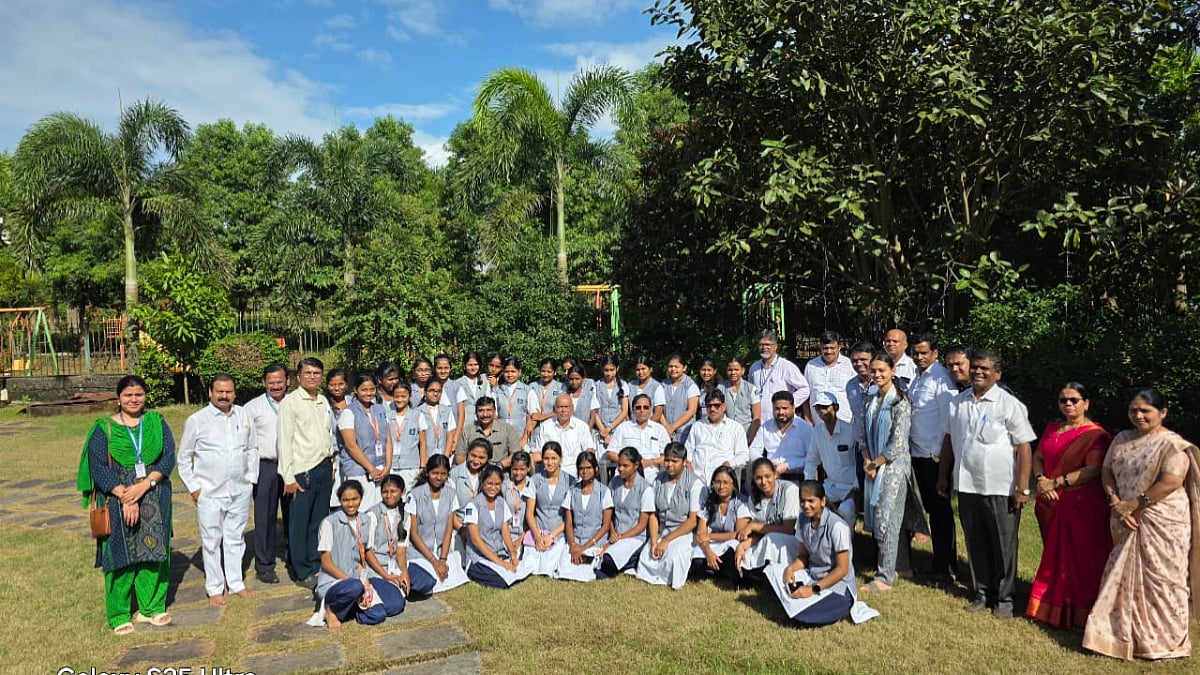Mumbai: With schools finally beginning to open after multiple interruptions, educator Rajesh Bhatia is optimistic about how the new education policy, announced in 2020 will impact the processes of learning and teaching in the post-pandemic world. He says, "Some of the biggest changes include five years of "fundamental" learning for children, which encompasses a critical span between Nursery and Standard 2. This will shape a child's experience of learning from the age of 4 to 8 years and give him or her a strong foundation.”
The ‘Preparatory’ years will be crucial for a student between the age of 9 to 11 and will span the time that he/she spends between standard 3 to standard 5. Middle school will be between Standard 6 to Standard 8 and will mould children from the age of 12 to 14 years. There will be four ‘Secondary’ years spanning between Standard 9 to STD SYJC (Second Year Junior College) and board examinations will be for Standard 12 only.
Bhatia, who has founded TreeHouse, an online and offline chain of preschools says, “thanks to these changes, what I hope to see is less emphasis on examinations and more on redefining the experience of learning. The division of college education between a certificate, a diploma, and a degree also provides flexibility to students who may or may not want to take higher education or may want to take a break between courses. Also, the emphasis on e-learning, virtual labs, and vocational training will bear fruit in the very near future. A National Educational, Scientific Forum (NETF) will also inculcate scientific temper among the young.”
He is particularly excited about mandatory preschool education for students in the 3-6 year age group where government schools too will have nursery and pre-nursery classes, supported by Anganwadis. This move, says Bhatia, will enable rural children to access conceptual fundamentals and socialisation skills early and prepare them better for school.
He adds, "In rural areas especially, the introduction of preschool concepts can help children grapple with complex language and mathematical concepts as well as communication skills so that when they step into a formal classroom, they are ready to deal with its challenges."
This 5+3+3+4 system includes 5 years of foundational learning and Bhatia believes this will help build a strong academic future.
Computerisation will also systemise education further and as Bhatia says, " Hopefully, all these steps will help make educational equity possible for all children. As an educator, my goal is to make education accessible to children all over the country and inculcate in them the joy of learning so that they can become lifelong seekers of knowledge. I hope, the new policies will help me achieve this dream."
Author: Rajesh Bhatia, CEO and Founder, Treehouse Education









